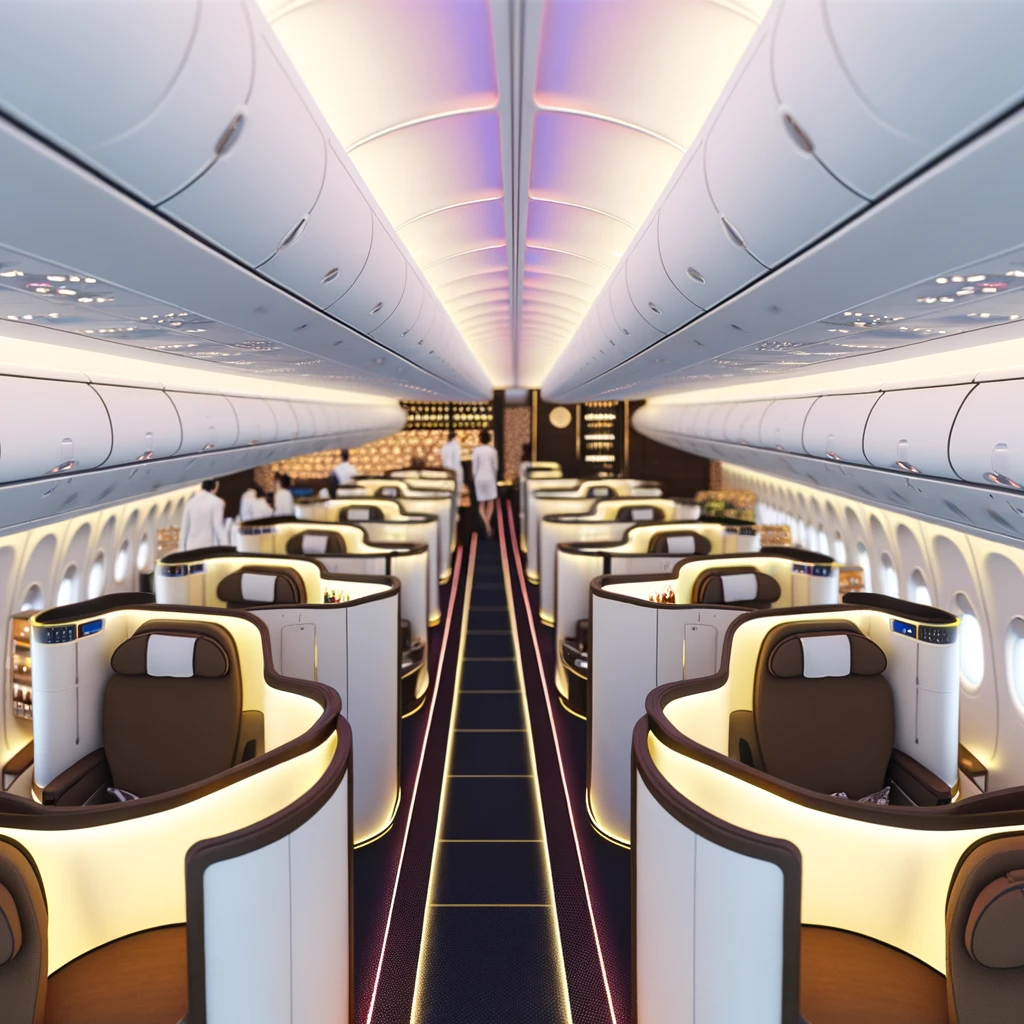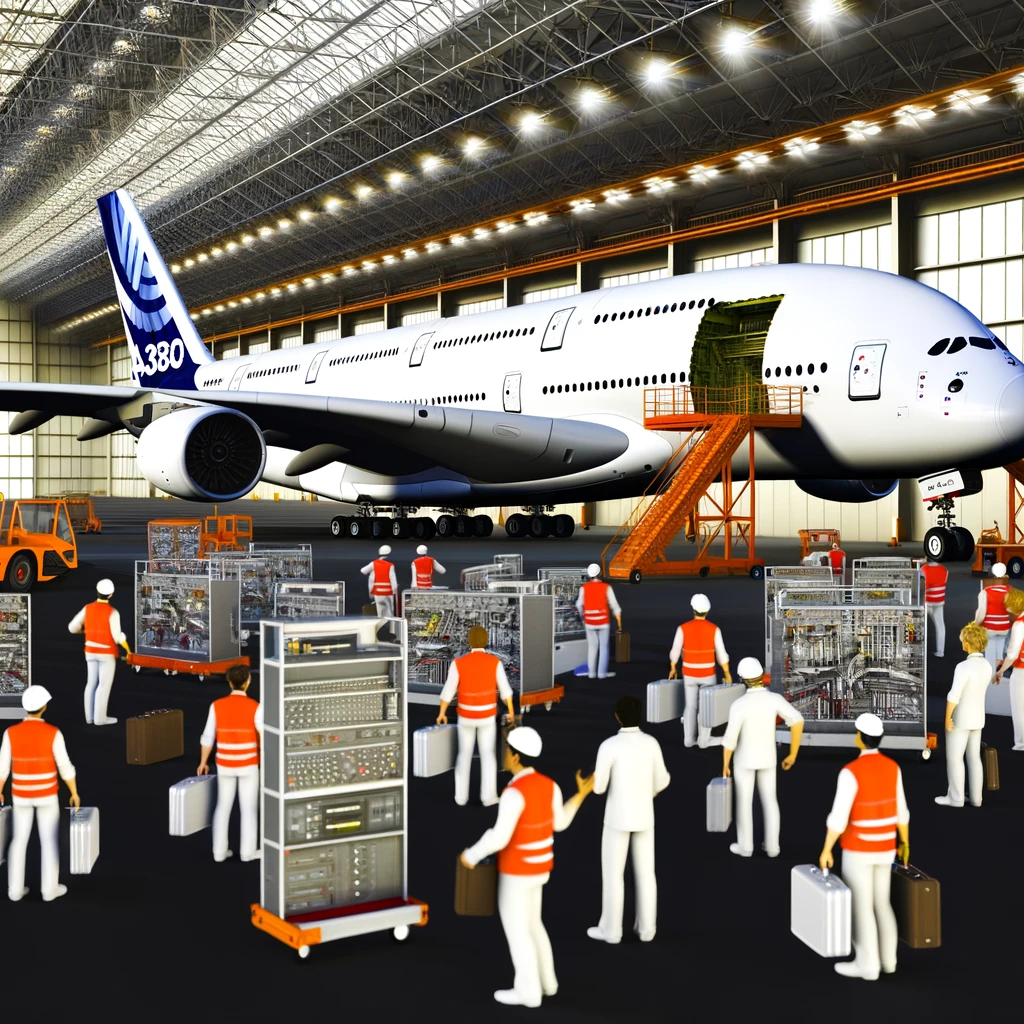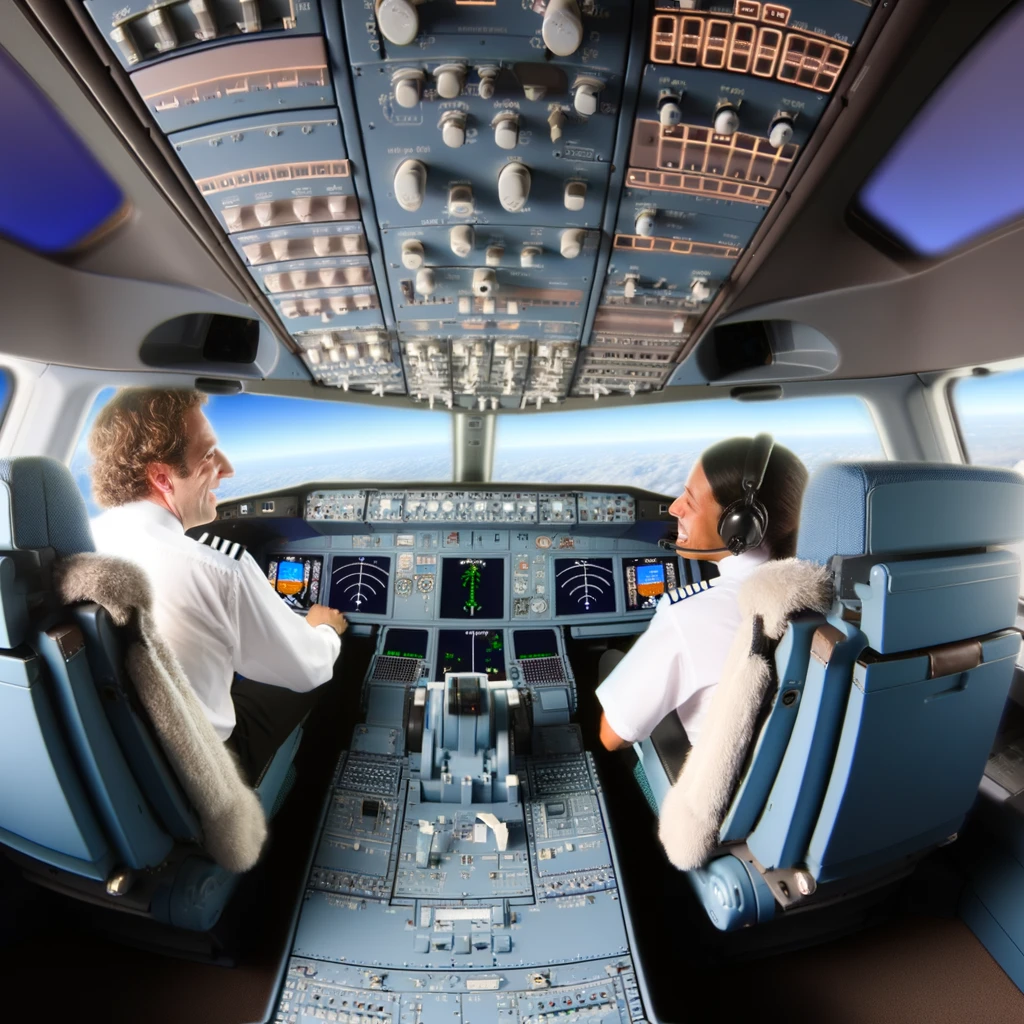Related Articles











The Airbus A380, known as the world's largest passenger airliner, has redefined the dynamics of modern aviation since its introduction. Its impact extends beyond the aviation industry, influencing global economic trends and reshaping international travel and trade.
When the Airbus A380 first took to the skies, it marked a significant milestone in aeronautical engineering. With the capacity to carry over 500 passengers, the A380 was designed to meet the growing demand for air travel. Its introduction aimed to provide a more economical solution for airlines, allowing them to transport a large number of passengers on long-haul flights efficiently.
The A380's introduction brought about substantial economic benefits to airlines. By reducing the cost per seat and maximizing fuel efficiency, the A380 helped airlines increase profitability on high-density routes. This capability made it an attractive investment, especially for airlines operating in congested airports where slot availability is limited.
The Airbus A380 has also played a pivotal role in facilitating international trade. By enabling the transport of a larger number of passengers, it indirectly boosted global commerce, allowing for more frequent and efficient movement of business travelers and tourists. This increased connectivity has fostered stronger economic ties between countries, promoting trade and investment opportunities.
The A380 has had a profound impact on the global tourism industry. By making long-haul travel more accessible and affordable, it has opened up new destinations to international tourists. This surge in travel has stimulated economic growth in regions that rely heavily on tourism, contributing to job creation and infrastructure development.
Despite its successes, the Airbus A380 has faced challenges. The high production costs and limited airport compatibility have been significant hurdles. Moreover, the aviation industry’s shift towards more fuel-efficient, smaller aircraft has raised questions about the A380's long-term viability. However, its legacy as a symbol of human ingenuity and ambition remains undisputed.
While Airbus has ceased production of the A380, its influence continues to resonate throughout the industry. The lessons learned from its development have paved the way for future innovations in aircraft design and sustainability. As the aviation industry evolves, the A380 will be remembered as a pioneering force that challenged the status quo and expanded the horizons of air travel.
The Airbus A380 has left an indelible mark on the global economy. Its contributions to aviation, international trade, and tourism highlight its significance as more than just an aircraft. As we look to the future, the A380's legacy will continue to inspire innovation and growth in the aviation sector and beyond.